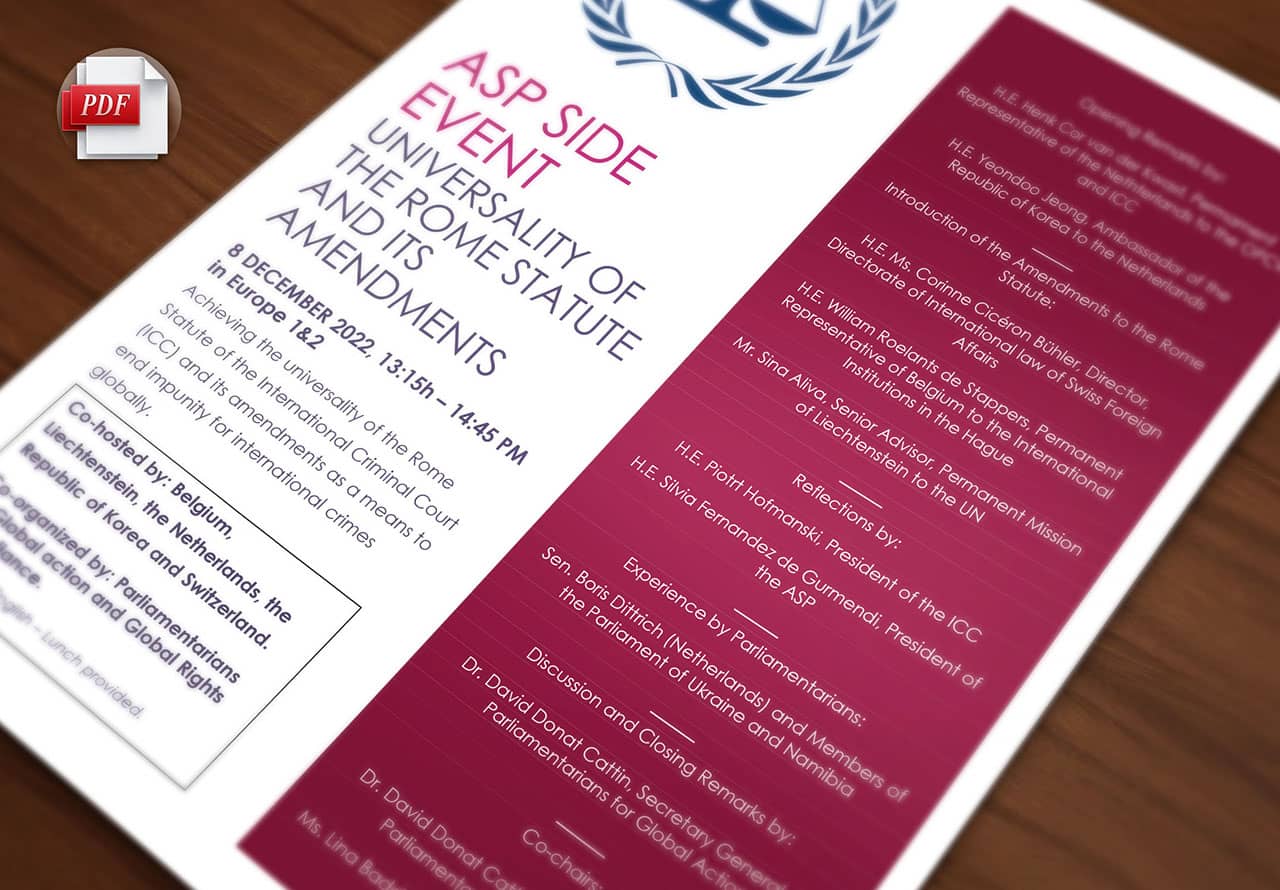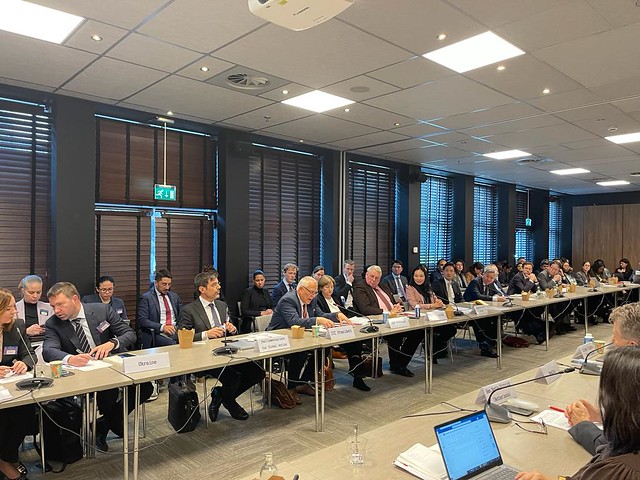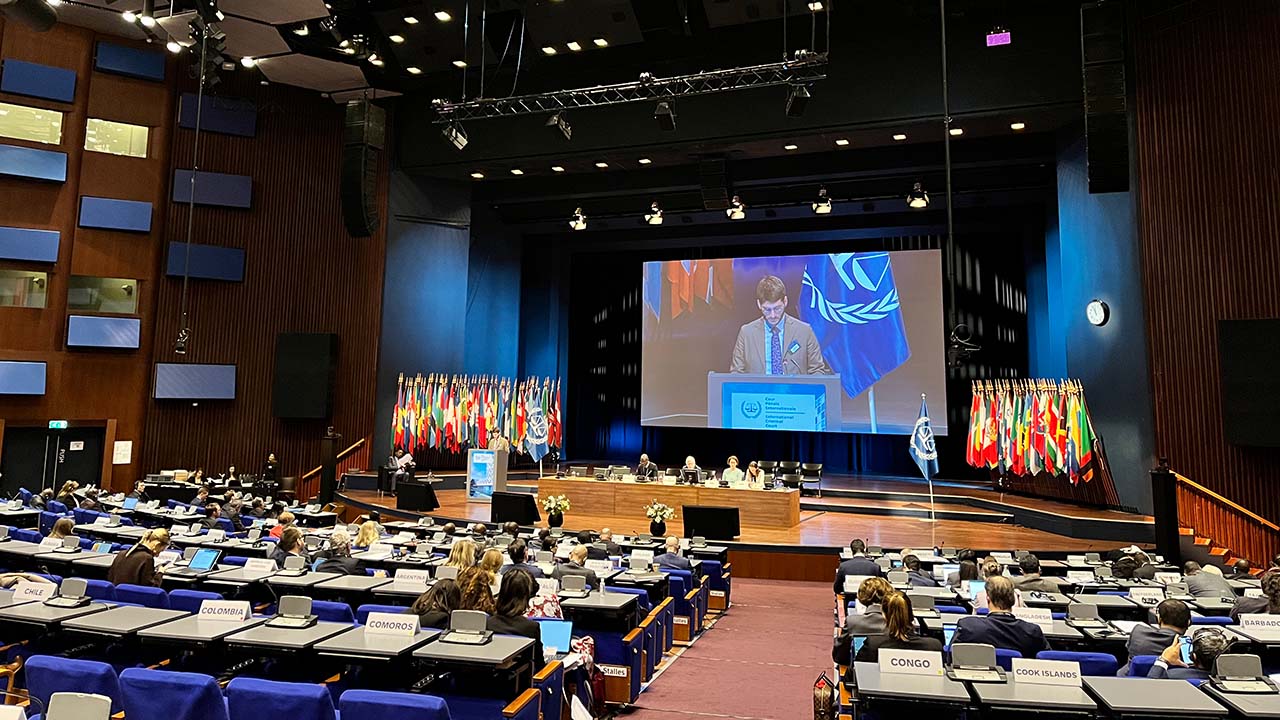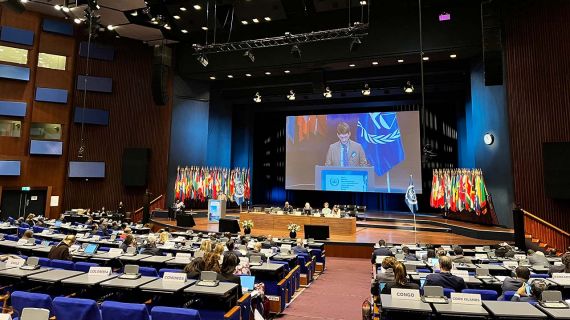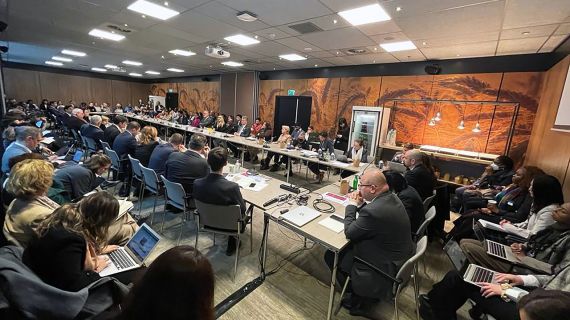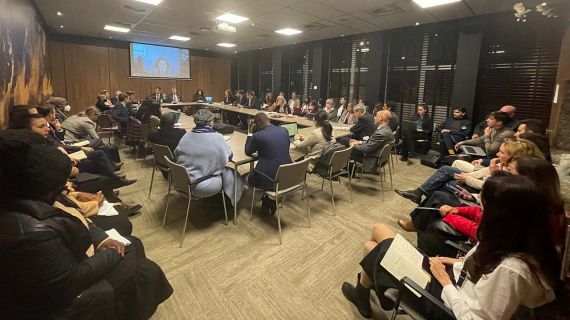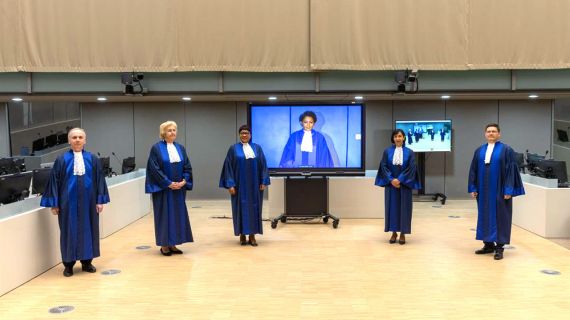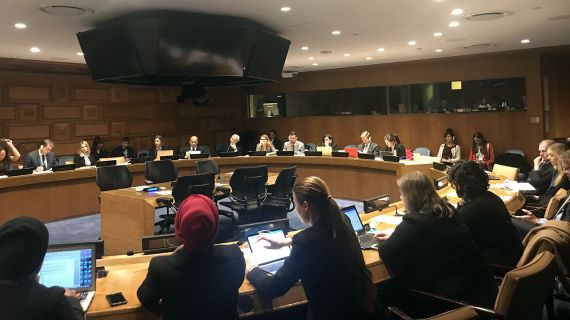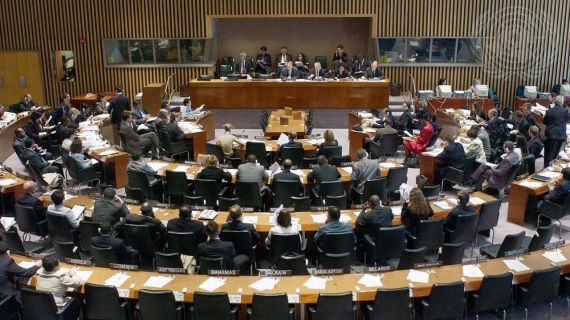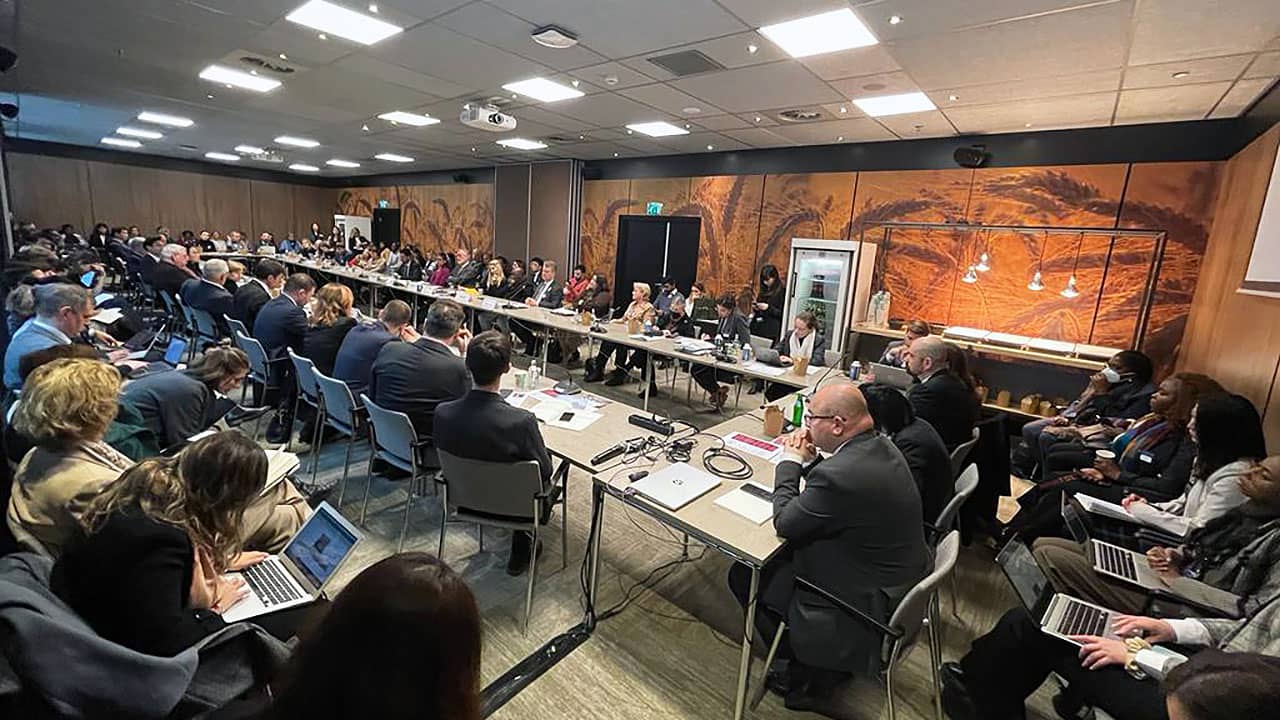
Co-hosted by Belgium, Liechtenstein, the Netherlands, the Republic of Korea, Switzerland, Parliamentarians for Global Action, and Global Rights Compliance

Thursday, 8 December 2022 | 1:15 PM - 2:45 PM CET | Europe 1&2
Achieving the universality of the Rome Statute of the International Criminal Court (ICC) and its Amendments is one of the most effective means of putting an end to impunity for international crimes globally. Once achieved, the universality of the amended Rome Statute will enable the ICC to properly execute its mandate and increase its effectiveness in trying perpetrators of the crimes under its jurisdiction.
Through amendments on war crimes sponsored by Belgium and Switzerland, the scope of the ICC jurisdiction expanded and consolidated, contributing to ensuring that the parties to non-international as well as international armed conflicts are subject to identical rules and obligations, with civilians and combatants in these conflicts benefitting from the same legal protection. Through the Kampala Amendments on the crime of aggression sponsored by Liechtenstein, and their entry into force on 17 July 2018 on the 20th anniversary of the Statute itself, States have agreed to bring back to unity the core crimes under International Law stemming from the Nuremberg precedent. Nevertheless, the procedural bars to the ICC’s automatic jurisdiction on the crime of aggression may have not incentivized their ratification and are now impeding the Court’s exercise of jurisdiction on this crime in respect of the first situation of aggression (in and against Ukraine) explicitly ascertained by the UN General Assembly under a “Uniting for Peace” resolution. The Amendments have contributed to the fight against impunity and strengthened the deterrent force of the prohibitions they concern. But consensus reached by the Assembly of States Parties in adopting the Amendments is not reflected in the rate of their ratification.
With the glacial progress of States joining the ICC – the current number of 123 States Parties and only a fraction of ratifications of all Amendments – is the goal of universality out of reach? The reasons for reluctance to join the Rome Statute and its Amendments vary. In some cases, governments block ratification/accession to the Rome Statute despite parliamentary support. In others, anti-ICC propaganda interferes with its advancement. In approximately 40 out of the 71 UN Member States that have not joined the Rome Statute system, the main obstacles to ratification include fear of ICC interventions and unwillingness to risk subjecting national leaders to the ICC jurisdiction due to on-going domestic human rights crises and the prevailing climate of authoritarianism and repression. In a few States, the ICC and the expanded scope of its jurisdiction may not be perceived as a political priority, especially considering that certain major powers are not Parties to the Statute.
This side event sought to explore pathways to overcome these challenges and encourage ratification and implementation of Rome Statute and its Amendments. The discussion analysed the main problems hindering States from ratifying the Rome Statute and its Amendments with examples of successes as well as challenges experienced, elucidated from the perspective of States’ representatives and Parliamentarians from three countries.
Agenda
Co- chairs:
- Dr. David Donat Cattin, Secretary General of Parliamentarians for Global Action
- Ms. Lina Baddour, Senior Legal Adviser, Global Rights Compliance
Remarks by the ASP Facilitators on Universality and Full Implementation:
- H.E. Henk Cor van der Kwast, Permanent Representative of the Netherlands to the Organisation for the Prohibition of Chemical Weapons and the International Criminal Court
- H.E. Yeondoo Jeong, Ambassador of the Republic of Korea to the Netherlands
Introduction of the Amendments to the Rome Statute
- H.E. Ms. Corinne Cicéron Bühler, Director, Directorate of International Law of the Swiss Federal Department of Foreign Affairs
- H.E. William Roelants de Stappers, Permanent Representative of Belgium to the International Institutions in the Hague
- Mr. Sina Alavi, Senior Advisor, Permanent Mission of Liechtenstein to the United Nations
Reflections
- H.E. Piotr Hofmański, President of the International Criminal Court
- H.E. Silvia Fernandez de Gurmendi, President of the Assembly of States Parties
Experience by Parliamentarians
- Sen. Boris Dittrich (The Netherlands)
- Members of the Parliament of Ukraine
- Members of the Parliament of Namibia
Interactive discussion
- Closing Remarks: The Way Forward
- Dr. David Donat Cattin, Secretary General of Parliamentarians for Global Action

